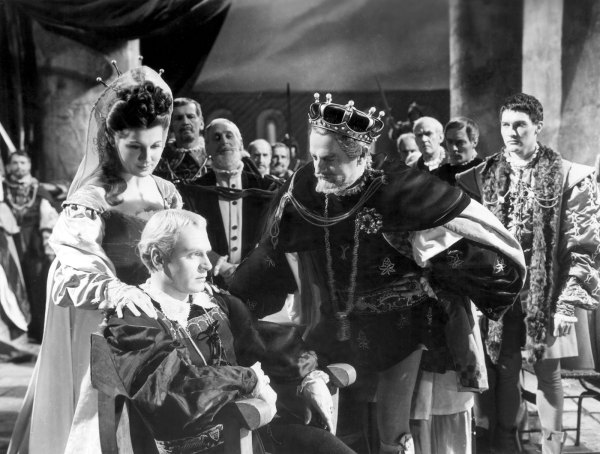
As you already know if you’re subscribed to my newsletter, I have a new release coming out this year—the long-delayed return of Mrs. Meade! The American Pony has been hanging around in manuscript stage for several years now, and this spring I finally managed to get it revised to my satisfaction. I am so happy to be able to launch it out into the world at last!
While I don’t have a final release date yet, the target is sometime this summer—and in the meantime, you can add it on Goodreads. Here’s the story blurb:
It’s summer in Colorado, and Sir Edmund Marsland’s family are enjoying their visit to the West—though not everyone at the Wellman ranch is quite as happy with the company of the English family. The mood changes for the worse when an accident with a horse nearly claims the life of Sir Edmund’s young son. And with the discovery that someone deliberately caused the accident, suspicions and tensions divide the party. Was it meant for a practical joke—or was it for spite—or was there a motive for murder? Mrs. Meade may be the only guest at the ranch without title or fortune, but she may also be the only one who can get at the truth…
Now, for a little teaser, here’s some snippets for you:
“To hear you and Frederica talk, you wouldn’t think that ‘out here’ was less than an hour from a railroad and telephone and practically every civilized comfort,” said Lady Marsland with tolerant humor. “Sour Springs isn’t exactly a log-cabin trading post.”
“Oh no—oh, dear, no,” said Mrs. Meade, to whom this last remark seemed to be addressed out of courtesy. She added modestly, “We have a literary society, and three churches now the Congregational one is finished, and there is even talk of a second hotel.”
Miss Frederica Marsland lifted her eyebrows politely with a noncommittal “Ah,” which showed that these facts had failed to properly impress her. Mrs. Meade reflected that certain members of the Sour Springs literary society would probably have willingly slain her on the spot.
*
The boys were leading their horses out of the barn now, halfway down the slope. Mrs. Meade squinted a little. She had occasionally suspected lately, though she did not like to admit the possibility, that her eyes were not what they once were when it came to long distances. But the strong eastern light of morning flashed so on the bold white patches of the pinto pony that everything else looked a little shadowy by contrast.
*
“Not at all. But it’s a poor doctor who doesn’t get involved in a bit of mystery once in his life. I read the detective-story magazines too, you see, Mrs. Meade. And correct all the medical details in red pencil.”
*
It was a most unfortunate position to be in. Seated as she was between the two lighted windows, she could hardly rise and move either way along the veranda without being seen, and betraying that she had heard. It may have been the more honorable course, but Mrs. Meade was not sure it was the kindest one…
*
Mrs. Meade, who had very commonsense ideals, decided that a murderer would not behave that way. There must be another reason.
*
Mrs. Meade, mentally putting aside for later a good deal of new food for thought, turned eyes both inquiring and sympathetic to Sir Edmund’s face as he faced her wearily again. Sir Edmund gave her a small, tight smile. “My apologies, Mrs. Meade.”
“Oh, dear me, none at all are necessary. And Sir Edmund—” she stopped him as he was on the point of leaving, and his haggard eyes met hers—“I do believe he was entirely sincere in at least some of what he said.”




